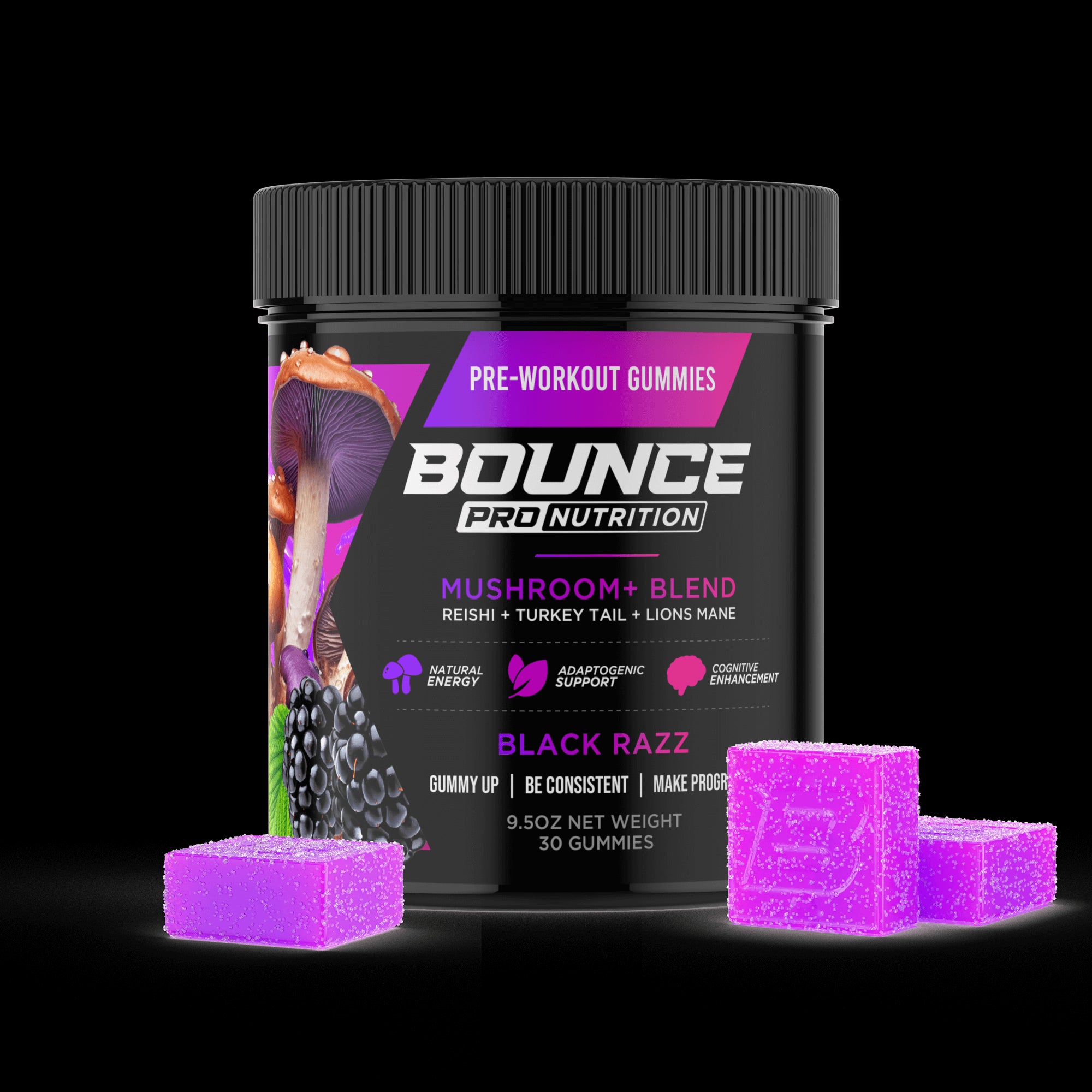Ask your workout buddies about creatine, and chances are that they’ve already been taking it daily for a while. Creatine has become one of the most popular fitness supplements of all time, thanks to its ability to naturally improve muscular function, as an amino acid that’s already produced in the body.
People swear by creatine for building muscle, gaining strength, and improving endurance. However, creatine can do a lot more than just improve your fitness game.
Maybe you’ve been wondering whether or not there is a point to taking creatine as someone who doesn’t maintain a workout regimen. Well, we are going to go over all of the benefits of this amino acid that have nothing to do with exercise, to answer your question.
TO BUY CREATINE GUMMIES CLICK HERE
The Basics on Creatine
Creatine is an amino acid that’s produced mainly by the liver of the body, and 95% of it is stored in the cells of the muscles to fuel a variety of muscular functions, while drawing water into muscle tissue to give muscles a larger appearance. Being a supplement, creatine works cumulatively, accumulating in the muscles more over time when taken consistently. Each time we exert our muscles, they burn through their creatine supply, which is why taking it consistently is hugely important to its success.
We said that 95% of creatine gets stored in the muscles – that’s a very, very high concentration that serves the purpose of muscular health. But, that doesn’t mean that the remaining 5% isn’t effective at other benefits, as it ends up in the brain, bloodstream, and other parts of the body. So, let’s take a look at the other benefits of creatine that you probably didn’t even know about.
We also want to point out that creatine is found in animal proteins, so those who eat meat and fish do get some amount of the amino acid. Vegetarians are very likely to be deficient in creatine without supplementation, and that means that for vegetarians, adding creatine into their supplement regimen can offer a surprising number of benefits by correcting a deficiency that they may or may not have even known that they had.
Benefits of Creatine That Don’t Pertain to Fitness
Creatine is a supplement that’s considered safe to take daily, and you might be surprised by how many people take it for reasons that have nothing to do with working out. Below, you’ll discover all of the other ways in which a daily dose of this amino acid can improve your life.
Creatine Has Cognitive Benefits
Creatine does make its way into the brain, and that can offer some pretty spectacular benefits related to brain health. It can improve cognitive functions like alertness, concentration, motivation, and memory, and may slow down cognitive decline, which occurs with age. Creatine can also improve mood by supporting healthy brain function, while preventing certain neurological disorders including Parkinson’s, Alzheimer’s, epilepsy, and ALS, all of which can be devastating and difficult to treat.
Many experts now believe that creatine supplements, when taken consistently, can work toward preventing a host of neurological diseases and disorders, and may have a stronger impact on sustaining good brain health than we’ve ever given it credit for.
Creatine Can Improve Overall Energy Levels
Creatine has also been found to improve energy levels, preventing fatigue, grogginess, and lethargy. In fact, numerous studies have shown that creatine has a positive impact on our energy levels, which can help us maintain higher productivity and feel more capable of getting tasks done, while having possible positive implications when it comes to things like CFS (chronic fatigue syndrome), a disorder that’s still misunderstood in many ways, and difficult to treat.
Unlike stimulants, which give the nervous system a big boost of energy often followed by a crash, creatine helps enhance the function of the building blocks of energy, known as ATP (adenosine triphosphate). At the same time, creatine boosts dopamine levels, which directly impact our mood and energy levels, to make us feel happy, motivated, and satisfied.
Creatine May Improve Blood Sugar in Patients with Diabetes
Creatine has been studied a lot for its role in managing symptoms of diabetes, having a surprisingly positive impact on blood sugar and insulin levels. Specifically, people who took creatine supplements while maintaining an exercise regimen were found to exhibit lower blood sugar levels in the short-term (an important marker for diabetes) despite consuming the same diet as those who did not take creatine nor exercise.
Creatine seems to change the way in which sugar is utilized in the body, by increasing the function of a molecule that brings sugar into the cells of the body, known as GLUT-4.
Creatine May Prevent Muscle Injury
You don’t have to be an avid fitness enthusiast in order to injure a muscle. It can happen simply by carrying something or handling an object incorrectly, or tripping and falling. Creatine may help prevent muscle injury by hydrating the muscles, as the amino acid draws water into the muscular tissue, making the muscle less susceptible to structural damage.
Skin Benefits
Creatine may offer anti-aging benefits when it comes to our skin, as that’s something that researchers are starting to pay attention to. While the actual mechanisms involved aren’t yet fully understood, early research has shown that creatine supplementing may help the skin maintain its elasticity, texture, and moisture levels.
Creatine: More Than a Workout Aid
The bottom line is that creatine isn’t just for workout enthusiasts. It’s an amino acid that is produced in the body to serve a number of functions, and supplementing with it may offer surprising improvements in your health that have nothing to do with muscle efficiency and growth.
Now, if you’re going to start taking creatine for non-exercise purposes, as always, talk to your doctor. While creatine is not known to interact with any supplements or medications, your doctor can help guide you toward a routine that serves the purpose you’re using it for, by helping you with dosage, protocol, and more.































